Mu and I searched for Bear in Kenmore again today. It was very frustrating.
|
Last night as I was falling asleep I had Tino against my chest and Mu was behind me and Sky was down by my feet, Fozzie was where I could reach him, not touching me. I had my hand on Tino’s chest and I could feel a rumble. It seemed like Mu’s snoring was making Tino’s chest vibrate. Mu has a great snore, and I love to listen to him. If I had a sound soother machine to help me relax, I would want the sound of Mu snoring. After a few moments, I realized that what I felt in Tino’s chest wasn’t synchronized with Mu. Tino was snoring! This was the first time I ever heard him snore. I listened carefully, and I could hear Tino’s sweet little snore behind the higher volume of Mu. I hope Tino will continue to snore in the future.
Mu and I searched for Bear in Kenmore again today. It was very frustrating.
0 Comments
I started writing a book about Mu because, well, because Mu deserves to have many books written about him. But the specific impetus was something I would say to people in jest as we were searching for lost cats. “In my next life, I’m going to be a dog, and Mu is going to be my human.” I think I started to say this when Mu would flop onto the grass in the middle of a search and roll around on his back, enjoying a good scratch. I used that phrase to explain my tolerance of his shenanigans, saying, when he is the human and I am the dog, he’d better remember all the goofing off I let him get away with. I don’t actually believe in reincarnation in that specific sense, and if reincarnation was a real thing, it seems unlikely that karma would work out exactly right so that I would get to be my dog’s dog, and he would remember our past life. This idea of reincarnation does serve as a useful thought experiment, to consider, what would I want to tell my dog? If he was reading a book about Mu & Me, some day in the future, as he was sitting by the fire with his dog on the couch nearby, what would I want him to know?
Now that the book is almost done, just needing a little rearranging and editing, my thinking on the afterlife of dogs has evolved. Just this morning, the thought crystallized for me that I am the afterlife of my pets. I keep them alive by remembering. The story of Mu’s life is ultimately a story of loss and failure. Although Mu has found over 300 lost cats in 7 years of work, in more than 100 of those cases, Mu found remains of the lost cat, who was taken by a coyote or another predator. For the 300 cases that Mu solved, probably at least 900 were not solved by Mu & me, and many of those cats were never found. Even when we succeed, those cats will die eventually. And the premise of my book about Wakomu is that there must come a day in the future, sooner or later, when he will be gone from my life, and all I will have left is the book about him. For many years now, and as I have explicitly stated in my previous book, A Voice For The Lost, the way to help cats and dogs, to find them at a higher rate when they go missing, to prevent them from going missing in the first place, is to form a deeper, stronger bond with our cats and dogs. Empirical evidence shows that those who have the deepest attachments to their dogs and cats are less likely to lose them, and more likely to recover them quickly, or recover them eventually if the search is long and difficult. I will always advocate for a deeper bond with our cats and dogs, for a number of reasons, including that it is better for us humans. Those who have had a deep bond with their pets will recognize that it also makes for a more painful loss, inevitably, some day. When I lost Kelsy--when Mu and I lost Kelsy-- to cancer, I planned for it to be painful, to experience a significant but manageable amount of grief, as I had felt when I lost Porter and Tess, two very excellent dogs. As the days and weeks and months and years passed, I learned that the loss of Kelsy was an order of magnitude greater than any other grief I had experienced after the death of an animal or a human. I’ve had plenty of time to consider why that is, and I think it’s mostly due to the deep involvement I had with Kelsy. She was not just my pet, or my best friend. Kelsy was my working partner. It was my job to observe her closely as she worked, to read her body language and manage the search accordingly. Kelsy was an extension of my mind. Kelsy made me more than what I could be alone. The synergy of Kelsy and me working together is what helped us find those lost dogs that could not be found by any other means. Kelsy was also the subject of a nonfiction book and a science fiction novel, so she occupied my thoughts perhaps more than the average dog. When Kelsy died, truly, literally, a piece of me died with her. I became smaller, I became less, without Kelsy in my daily life. Since Kelsy has been gone, more than three years now, I have never tried to avoid remembering her, even though it causes me grief. I couldn’t forget about her even if I wanted to. I have thousands of pictures of her, and her image pops up on my facebook memories almost every day. Even though, many times, when I think of Kelsy, I relieve that moment of her death, when I held her in my arms while she took her last breath, and a part of me died...even though I am forced to experience that pain more than anyone would want, it is much more common that my memories of Kelsy bring me pleasure. Kelsy added so much to my life. She allowed me to be so much more than I would ever have been without her. In a cold cost-benefit analysis of whether I ought to remember Kelsy every day, (as if I had a choice) a bean counter would say I am definitely better off remembering her. Independent of whether I ought to think of Kelsy every day since she died, or whether it would make my life better to think of Mu after he is gone, and also feel the sorrow of the absence of him, I have come to realize that it is my duty, or my raison d’être, to help them live on after death by keeping them alive in me. I am the memory palace that Kelsy lives in. Kelsy’s Forest is a mnemonic device for me to remember facts, but also my mind is where Kelsy lives. It is a system of loci, a memory technique that is at least 2,000 years old. The way a system of loci or a memory palace is usually taught is that you would think of rooms in a building or a home, and you can attach memories to locations within the building. It is an effective memory technique, and it has helped me in many ways. In my case, I used a familiar trail through the woods, with specific native plants at each location. Spruce, Oregon grape, Douglas fir, alder, willow, oak, maple, sword ferns, Douglas fir, cedar, oceanspray, huckleberry, Madrona, dogwood, Salal, grand fir, cedar, hemlock, yew, and finally the cedar at the top of the stairs. I can walk down that trail in my mind, and remember whatever I want to. I used this system to learn morse code. My memory palace, Kelsy’s forest, is also a place where I remember all the pets that have shared my life. Chena, Gizmo, Heidi, Tanzy, Duck, Charlie, Smookler, Norbert, Porter, Max, Boots, Jinx, Wolfgang, Tess, Bear, Kelsy, Olive, Mu, Fozzie, Sky, Viktor, and Valentino. I can walk down the trail through the woods and revisit each of them. The way I have set up this memory palace, Kelsy walks with me as a I move through the woods. The collar she wears changes depending on the topics I am remembering. When I remember Kelsy every day, and when I use the ideal of her to create new memories, I give her a longer life by keeping her active in my mind. As I’ve said elsewhere, a human and a dog are not just a human and a dog, two separate entities. They are one being, an ecosystem, a symbiotic being. The dog does his job, using his heightened senses and hunting ability, and the human does his half of the work, planning, talking, remembering. Or, in the modern era, posting cute pictures of the dog on Facebook. Now, a dog can’t really appreciate that his cute picture is on facebook, so that is up to the human part of this combined being to check a dog’s Facebook feed. Likewise, it is the job of the human half of the dog/human entity to remember the dog after he dies. We give dogs immortality, a life beyond death. Of any job or duty I’ve ever had, I can think of no higher calling, no more sacred duty, than to carry my dogs in my heart after I have buried them in the earth. Randomly, some pictures of Kelsy came up from May 6, 2015. One of these pictures is probably my favorite picture of Kelsy, my favorite picture of all time, showing her standing on Kite Hill, looking alert, intelligent, strong, and beautiful. I’ve looked at this picture hundreds of times. If I knew how to paint, I could paint this picture from memory. When this picture came up on my phone today, I looked back at the other pictures from that day, of Kelsy fetching in Lake Washington, and many other views of her. This morning, I am reliving May 6th, 2015, and my time with Kelsy. She is immortal, and my life is better with Kelsy running around my brain. Tino and I were headed to go search for a 5 month old puppy who was lost in a swampy area of Ebey Island. We only got 10 minutes away from home when I got the call that the puppy had been found. Then we went to look for another dog that was reported running loose, with no luck. Then we went to Issaquah to check out a report of a stray that looked like Nahla. Tino tried to catch the scent, but it seemed not to be her. My records show a dog was seen in the area in July that probably lives nearby, and could be mistaken for Nahla. It was a lot of running around for nothing, but at least I got to be with Tino all day.
The Mu.
The name of a dog or cat can evolve over time. I often call Valentino “Teapot,” though I have no idea why. Mu’s name was Puppy when I bought him for $100 to free him from a life of abuse and neglect. I wanted to name him Ruggles, but that was discouraged, and his first ID tag read Mocha. A couple of months later, when I received him back from his first, foster family, his name had become Wakomu, which, I was told, means “He is family” in Chippewa. That’s a mouthful, and his name was commonly shortened to Komu. I have spoken this dog’s name more often than a pastor has said “Jesus”. Somewhere along the way, his name was shortened to Mu. Besides all the usual times you might say a dog’s name, I have also acquired the strange habit of singing “The Mu Song,” which is whatever popular song I heard on the radio recently, with all the words changed to Mu. More than a few times, I have wondered if some entity was listening to me, like Siri, or a Chinese microchip in an LED light bulb, or an NSA satellite collecting massive data on everyone, if they heard me saying “Moo moo moo, moo moo moo moo, moo, moo m-moo moo moo...” would they think I was crazy, or talking in a secret language. That doesn’t matter, as long Mu enjoys my singing, which he has assured me he does. I don’t know when I started calling him The Mu. It really suits him. Recently, I saw a post on social media for a lost dog who was named Mu. (He was found quickly.) I didn’t want another dog to be named Mu. That’s my dog’s name. Probably no other dog in the world is named Wakomu, I would imagine. Even if there is, there will only ever be one “The Mu.” Mu searched for an orange cat today in Bellevue. The cat’s owner had worked all night, so she decided not to come along on the search with us. I sent her my location via an app, so she could see everywhere we went. The cat’s owner told me that she had notified everyone in the neighborhood, and put fliers on their doors, alerting them that the search dog was coming. When a cat’s owner says we have permission to search everywhere, that can mean that everyone gave specific permission for the search dog, or it can mean she assumes we have permission because no one specifically said no. Since she wasn’t with us, I knocked on each door as we went, to clarify that we had permission.
At the next door neighbor’s house, I rang the doorbell, which was also a video camera and an intercom. They could see me in real time on their smartphones. They could talk to me and ask a question if they wanted to. I waited a bit, and slowly turned around so they could get a good look at me and see the words on the back of my jacket: LOST PET RESCUE. They didn’t respond, so I left. Ten minutes later, a police car pulled up and asked me to step over to them. I explained who I was and why I was there. I gave the officer my card and showed where the cat’s owner lived, where there was a large lost-cat poster in front. She said okay, and I went on to the other neighbor’s yard. He was out front, and he told me I had permission to search his yard. When I came out, the police officer had finished talking to the people who called the police, and she just wanted a few items of information from me. Then she left. We finished the search without any other problems, except that we didn’t get specific permission to search about half of the yards in the intended area of the search. We did come upon several clues which gave us a direction of travel, and I have a good feeling that they will be able to locate the lost cat. When you call the police on me and my dog, it’s not harmless. Even though nothing happened in this case, it always makes me uneasy to have my dog around someone with a gun. A police officer can shoot any dog at any time, for any reason, if they say they feel intimidated by the dog. Probably a lot of police officers like dogs, and hopefully very few would shoot a dog if they could possibly avoid it. I do know of instances where police have shot dogs first, without trying any other sort of alternative approach. If anyone were to try to shoot my Mu, of course, they would have to shoot through me. I kept my body between the officer and Mu at all times, even though she seemed calm and relaxed. Why would you call the police if someone rang your doorbell? Especially if you could say, “Hey, what do you want?” I’m 6’3”, wearing a unique jacket that clearly identifies me. I have an 85 pound dog wearing a bright orange vest that says SEARCH. My presence in the neighborhood was announced ahead of time. It seems like a poor strategy for a burglar to be so conspicuous and easily identifiable. They had me on camera, clearly. I could see the doorbell camera was functional because it reacted when I pressed the button. Why call the police for this? When was the last time anyone was robbed by a man with a dog with a search vest? I am aware that every time I take Mu on a search, I am putting him at risk. We could run into an irate homeowner with a gun, whose wife gave us permission to search, but didn’t tell him. (This has happened before.) There are yellow jackets. Probably someone has sprayed their lawn with pesticides. There are cars and traffic. Off leash dogs suddenly come rushing up at us. Also, there can be rat poison. On this search, at one house, the tenant told me that the landlord had put out rat poison, just out on the ground, not in the black box it’s supposed to be in. One of the tenants of the building has a dog who was sickened by the rat poison, and nearly died. They had tried to pick up all of the rat poison, but they couldn’t guarantee they got it all. I do my best to minimize the risk to Mu on every search we do. Human stupidity is so illogical and unpredictable that it’s hard to safeguard Mu from every conceivable act of stupidity. When we are searching, I pay attention to everything all the time. The direction of the wind, Mu’s body language, the type, size, and distribution of feces on the ground, footprints, surveillance cameras, spider webs, scratch marks on fences that show where a cat has gone, and minute cat hairs on the bottom boards of a fence, light orange in this case, which probably show which way the lost cat went. Using a search dog is not just wandering around behind him and letting him find the lost cat. My mind is paying attention to ten things at any given moment. Most of all, I am looking for threats to my Mu, so I can keep him safe. There were two dogs and a cat that we were supposed to search for today, potentially. All three were found. So, Tino and I headed to Rattlesnake Mountain Trail to look for Snow, and to go for a hike. The total hike was 10 miles. We didn’t see any sign of Snow, or at least nothing that could definitely be attributed to him. Tino had a great time. So did I, although I did get pretty soaked, and tired. I brought a second jacket in my backpack, so I was able to change into the warmer jacket for the trip down the hill. Even though the clouds block the viewpoints, it was still a beautiful day. My fitness app says I burned 5400 calories for the whole day, including the 10 mile hike. I really wish we could find Snow.
Mu searched for Bear again today. We didn’t find him, but we found clues of where he might be, in the middle of a very large blackberry patch behind the apartments. Mu found black hairs on a blackberry thorn, and it looked like it could be from Bear. Mu did not find any evidence that Bear had been taken by a predator. A trap has been set, and people will be checking it. In the middle of the search, I let Mu off the leash in order to get untangled. He got that look in his eyes. I said, “Go ahead. Zoom.” He did some brief zoomies through the tall grass of the meadow. I tried to get a video of him, but he kept running behind me. After his zoomies, he got back to work and kept looking for Bear. Towards the end of the search, I tripped and fell. I tried to put a hand on Mu to stabilize myself and keep from falling, but Mu wisely stepped out of the way to keep the big oaf from falling on him, and I fell to the ground and smacked my elbow hard. At least Mu sat with me for a few moments while I recovered.
It’s been four years since I caught Viktor the second time. He has been my prisoner for four years now. He does seem happier sometimes. He will play with the dogs a little, and he wags his tail when all of the dogs are swarming around him. When we go for long walks, I just let him sniff everything, and I do work on my phone so that the 45 minutes of walking slowly and standing and waiting wouldn’t be a complete waste. Not that walking with Viktor would be a waste of time, but I don’t have 45 minutes every day to do nothing. Anyway, I get some work done, and Viktor stares off into space or smells some things. He does not lead a very exciting life. I don’t really have any games I can play with him. He seems to like being petted okay, but he doesn’t request it, the way the other dogs do. In four years, Viktor hasn’t made a lot of progress, but he has made a little. He’s not dead in a ditch, which, I hope he views that as progress. We will keep working on him, and hopefully someday he will enjoy normal dog things.
|
James Branson
Principal at Three Retrievers Lost Pet Rescue, volunteer at Useless Bay Sanctuary, author of A Voice for the Lost Archives
December 2019
Categories |
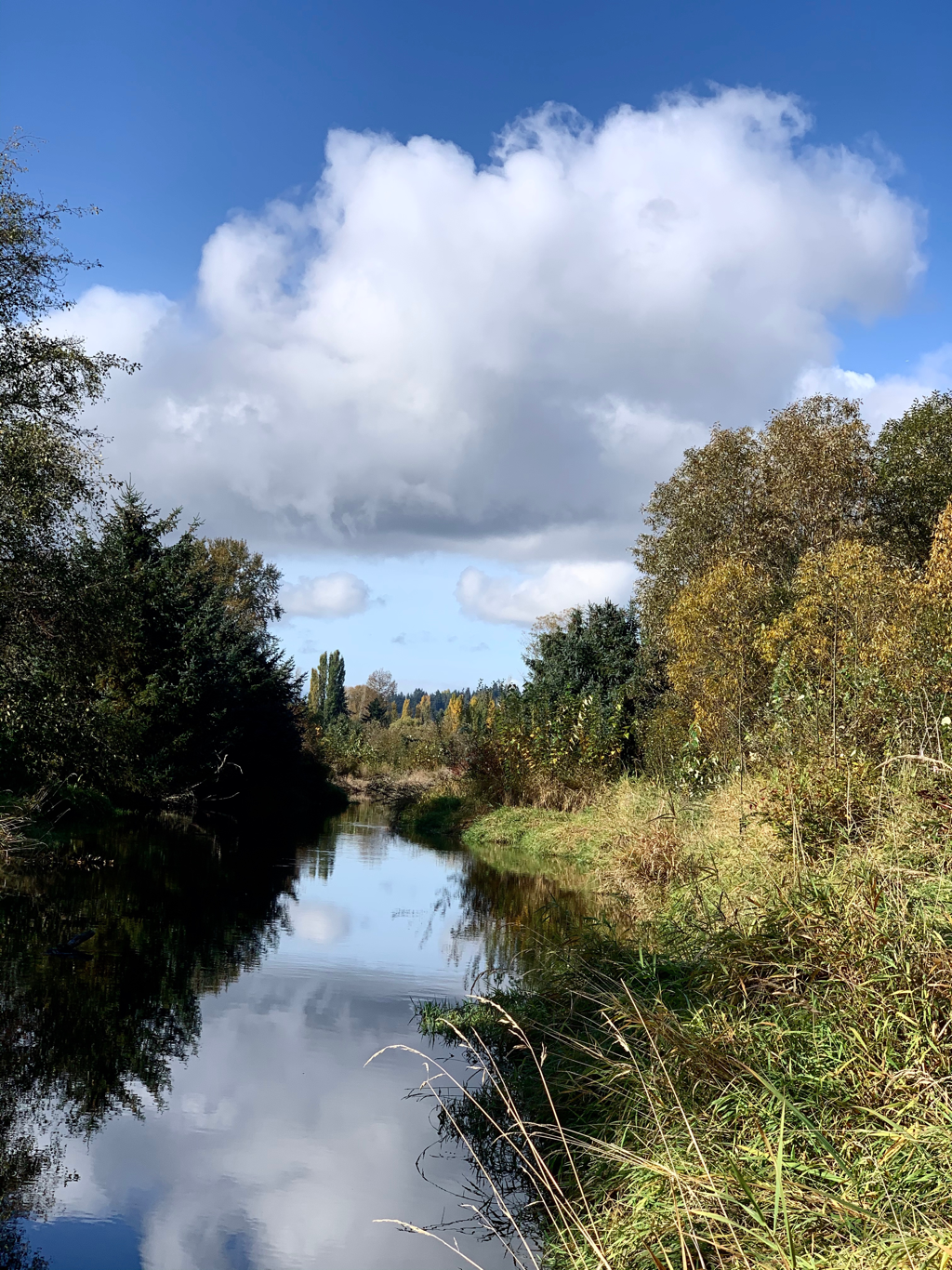
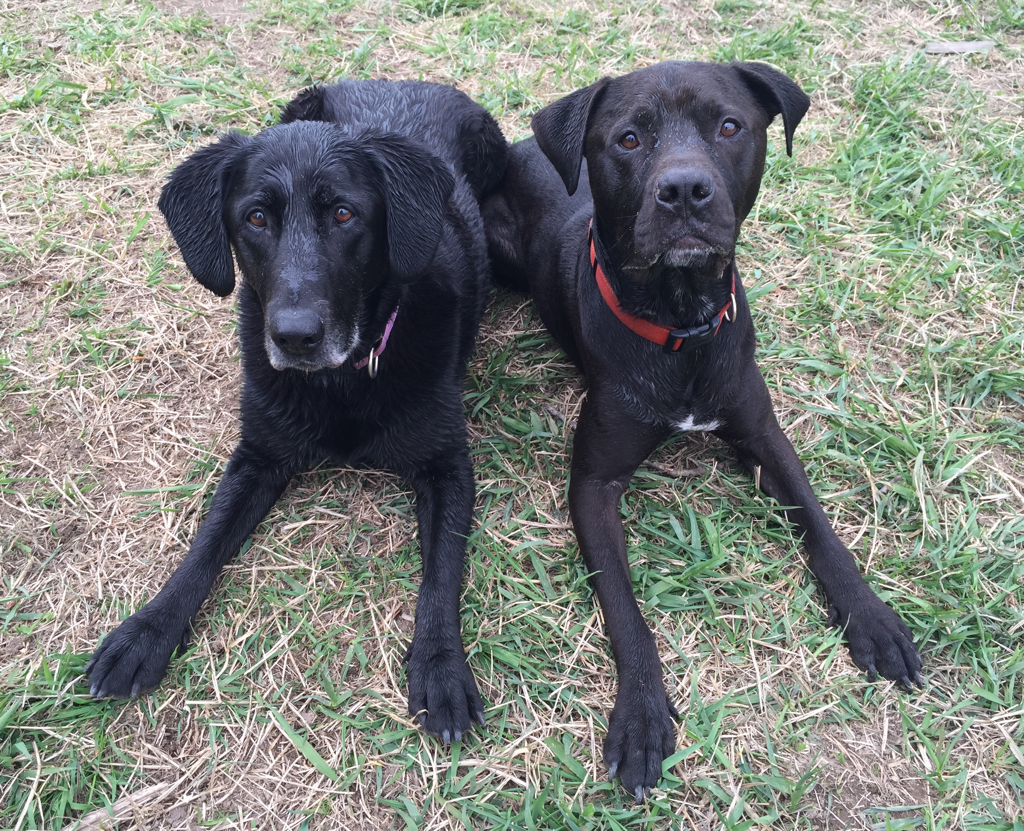


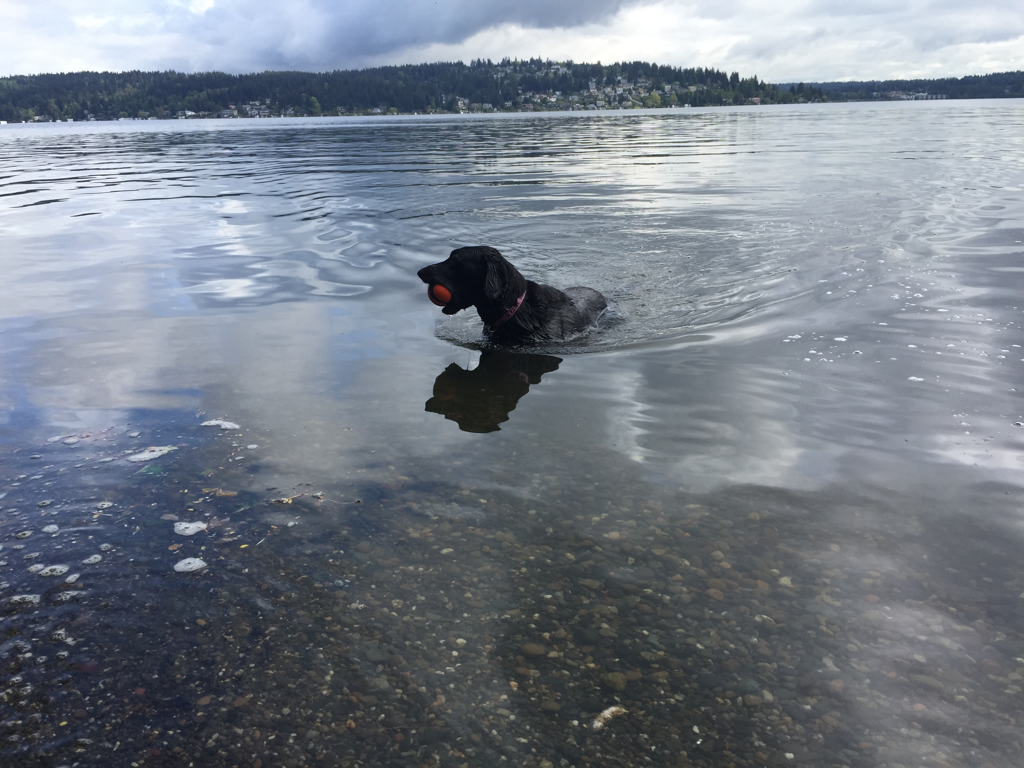
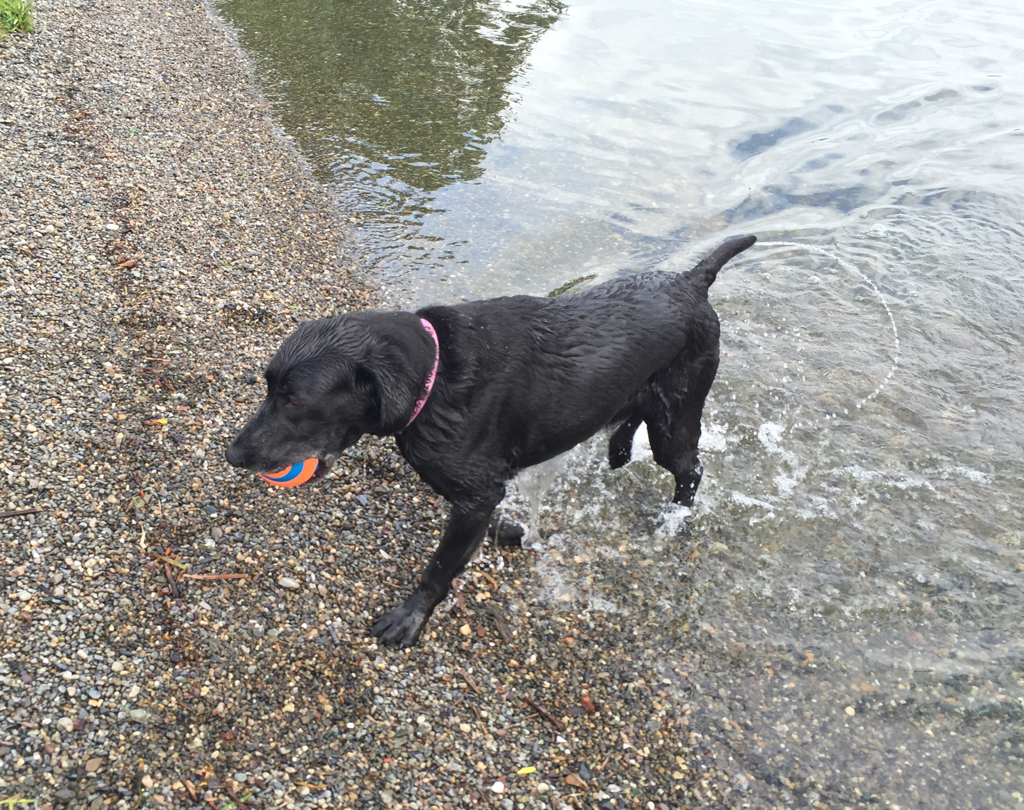
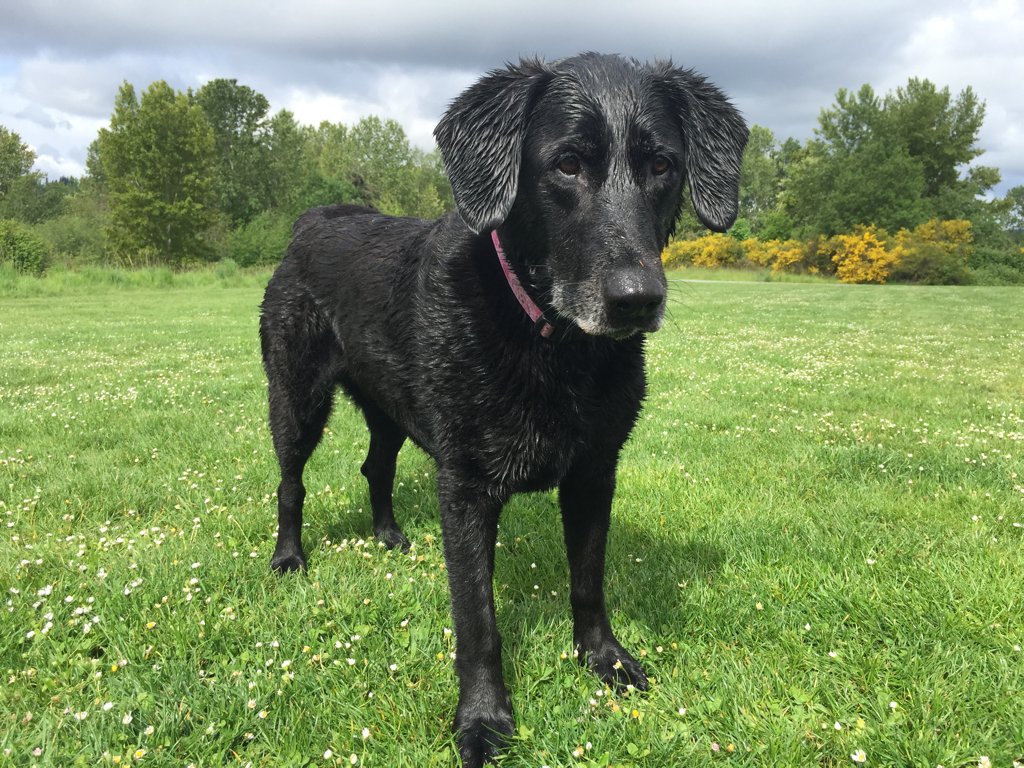

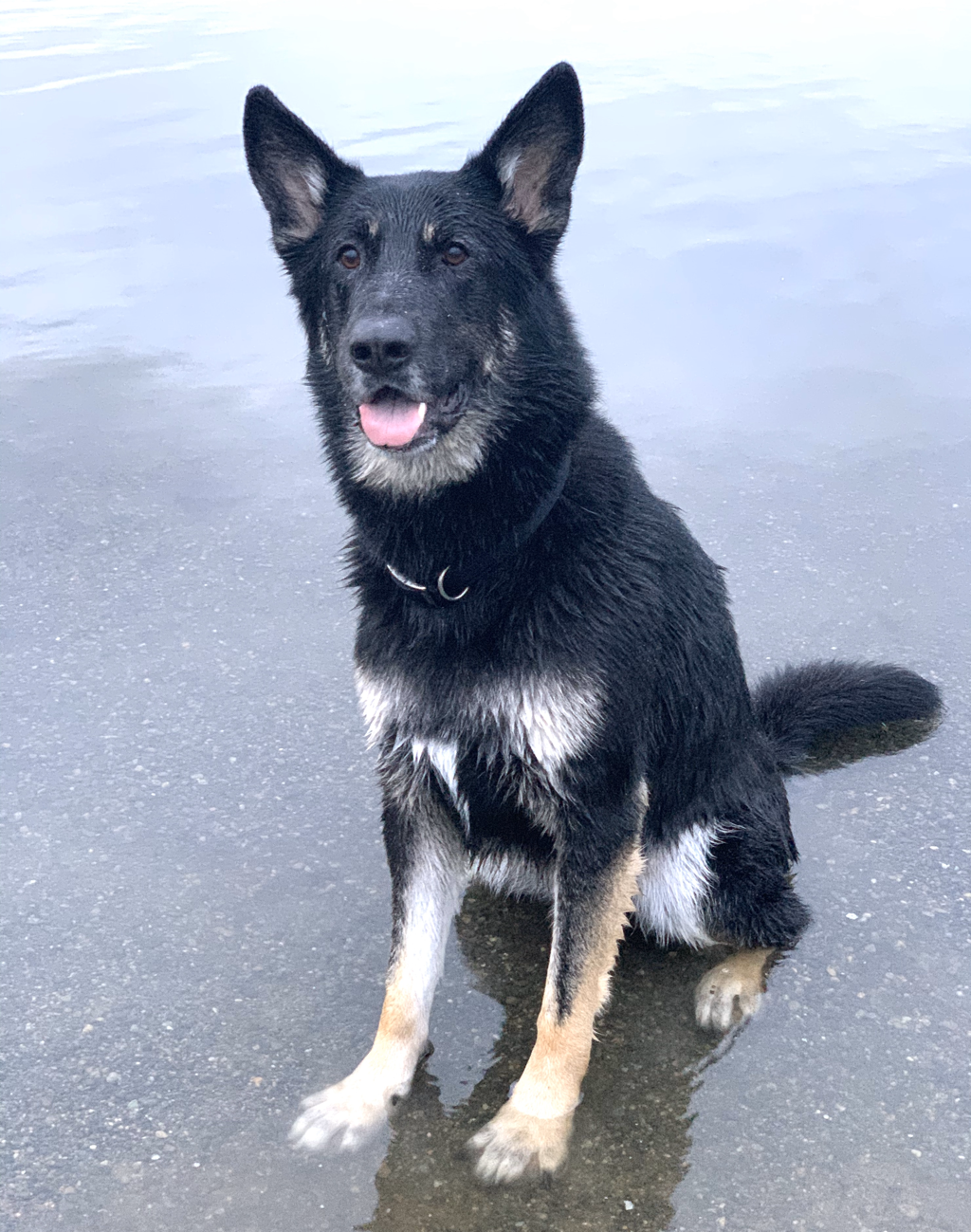

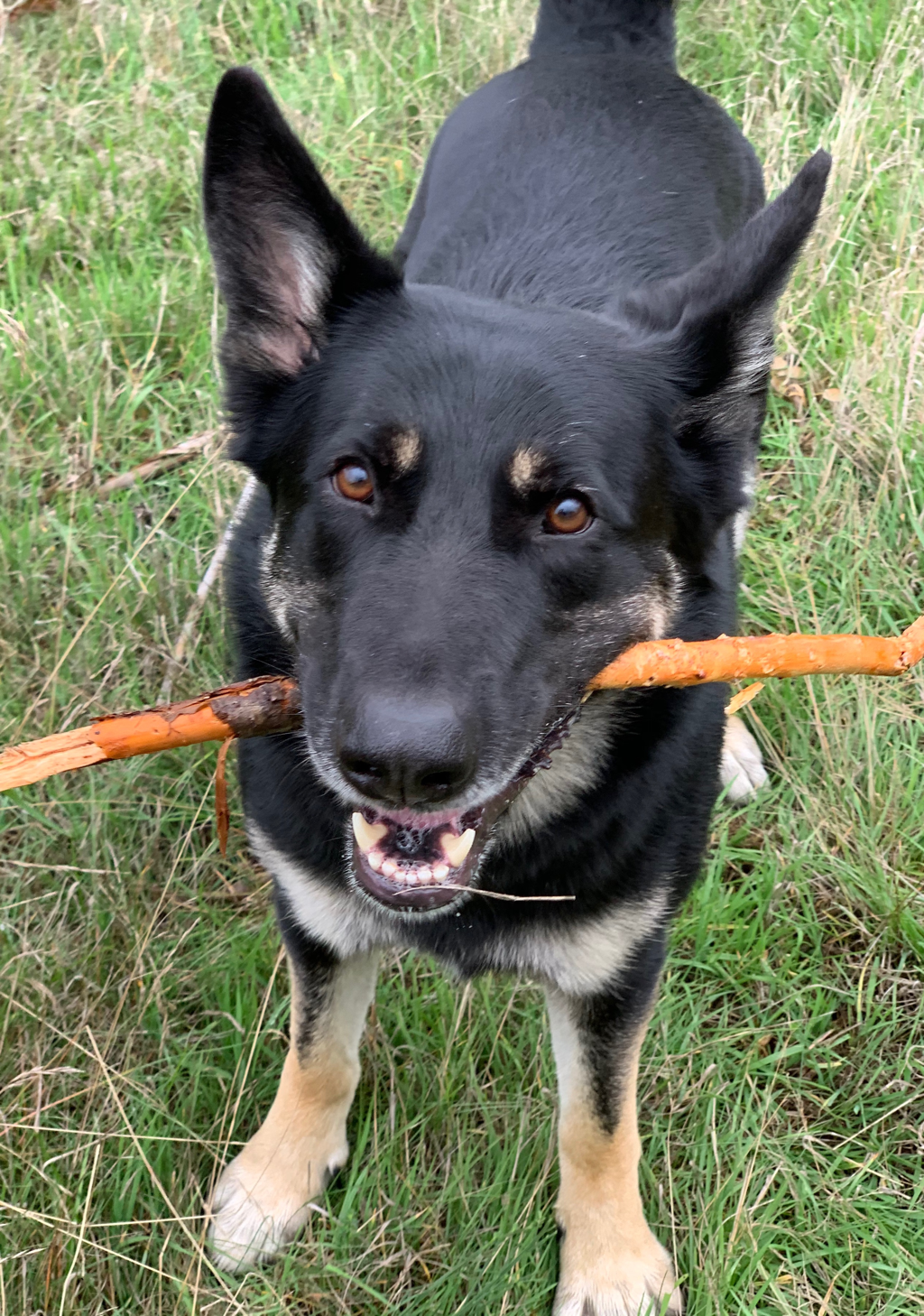

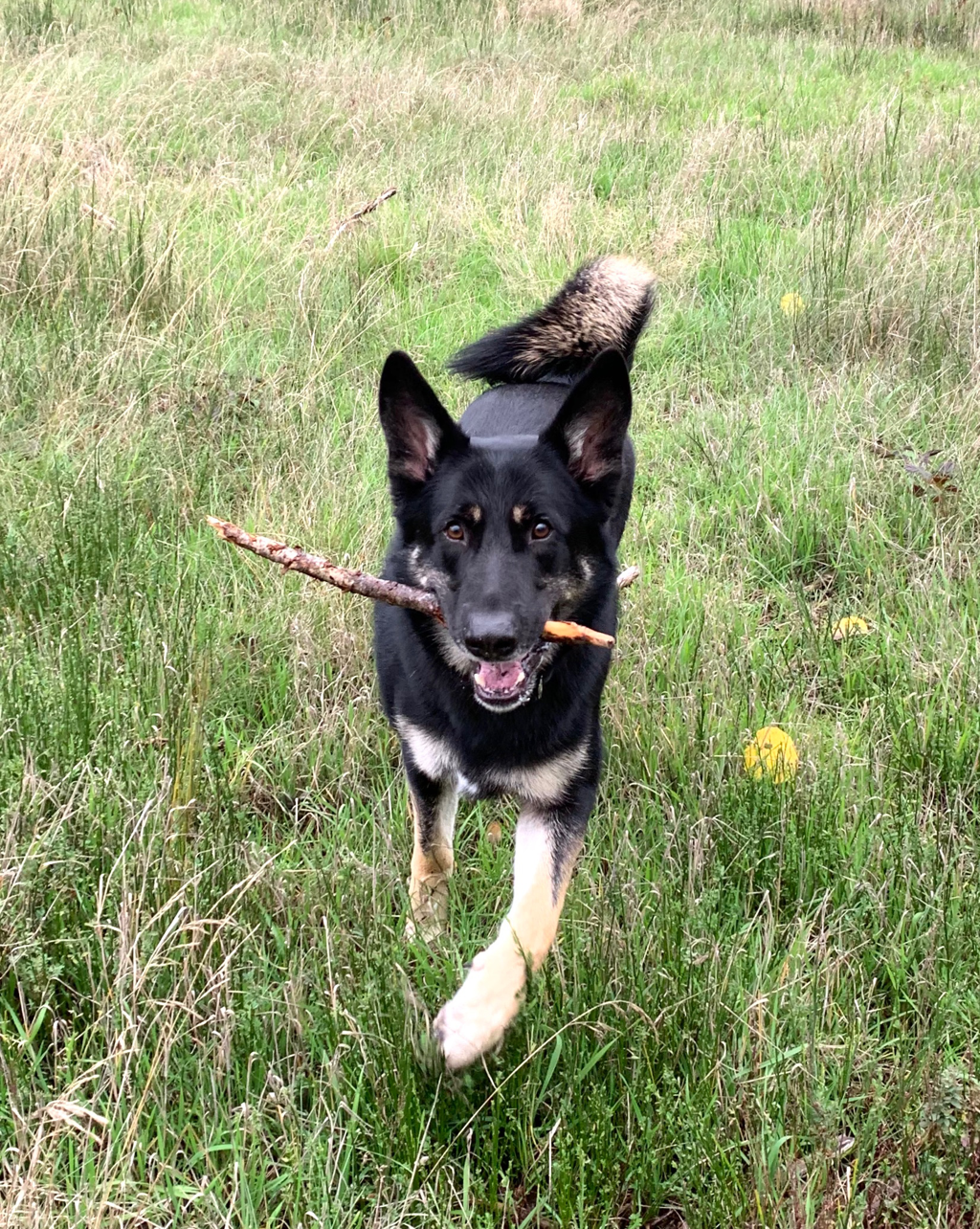
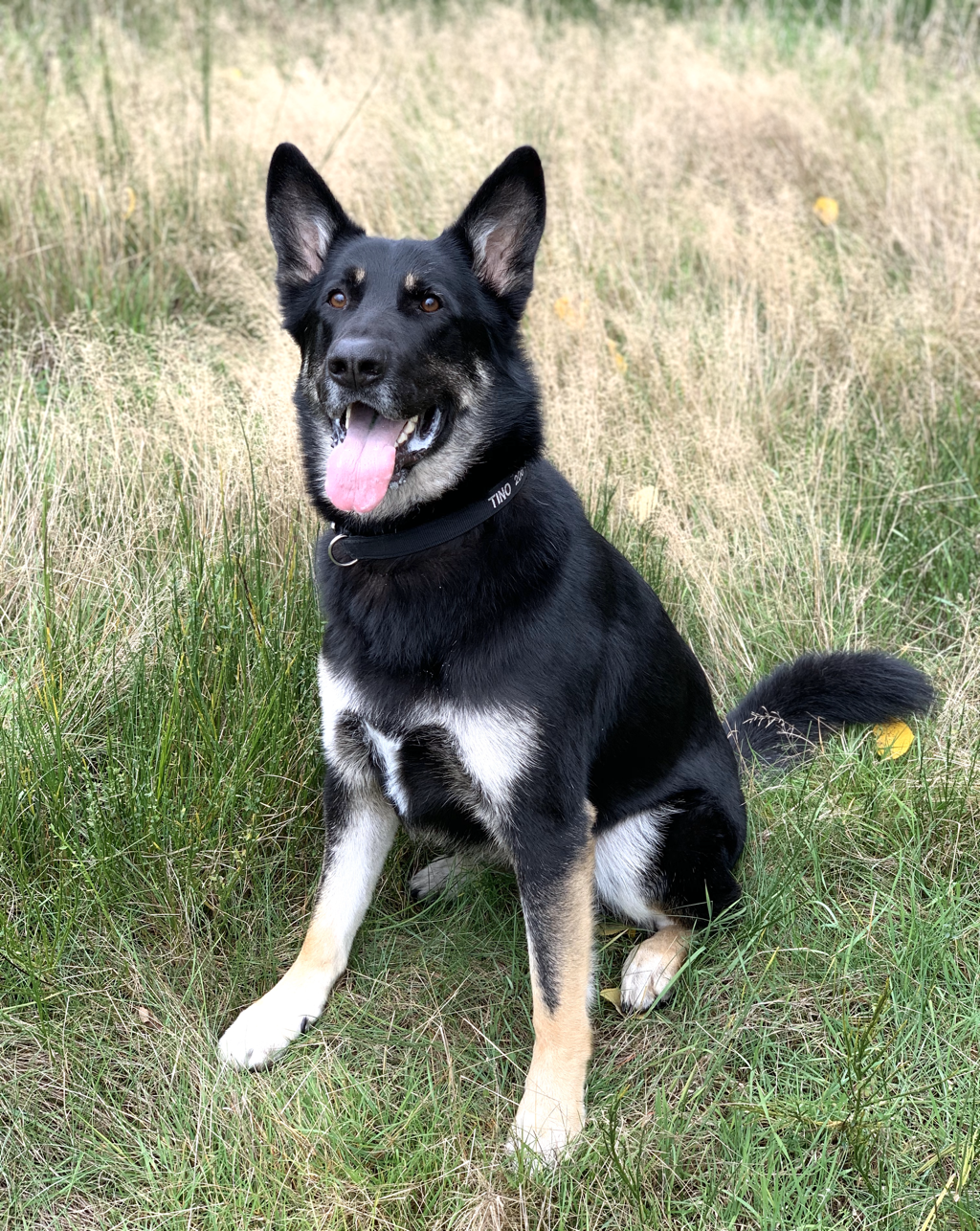
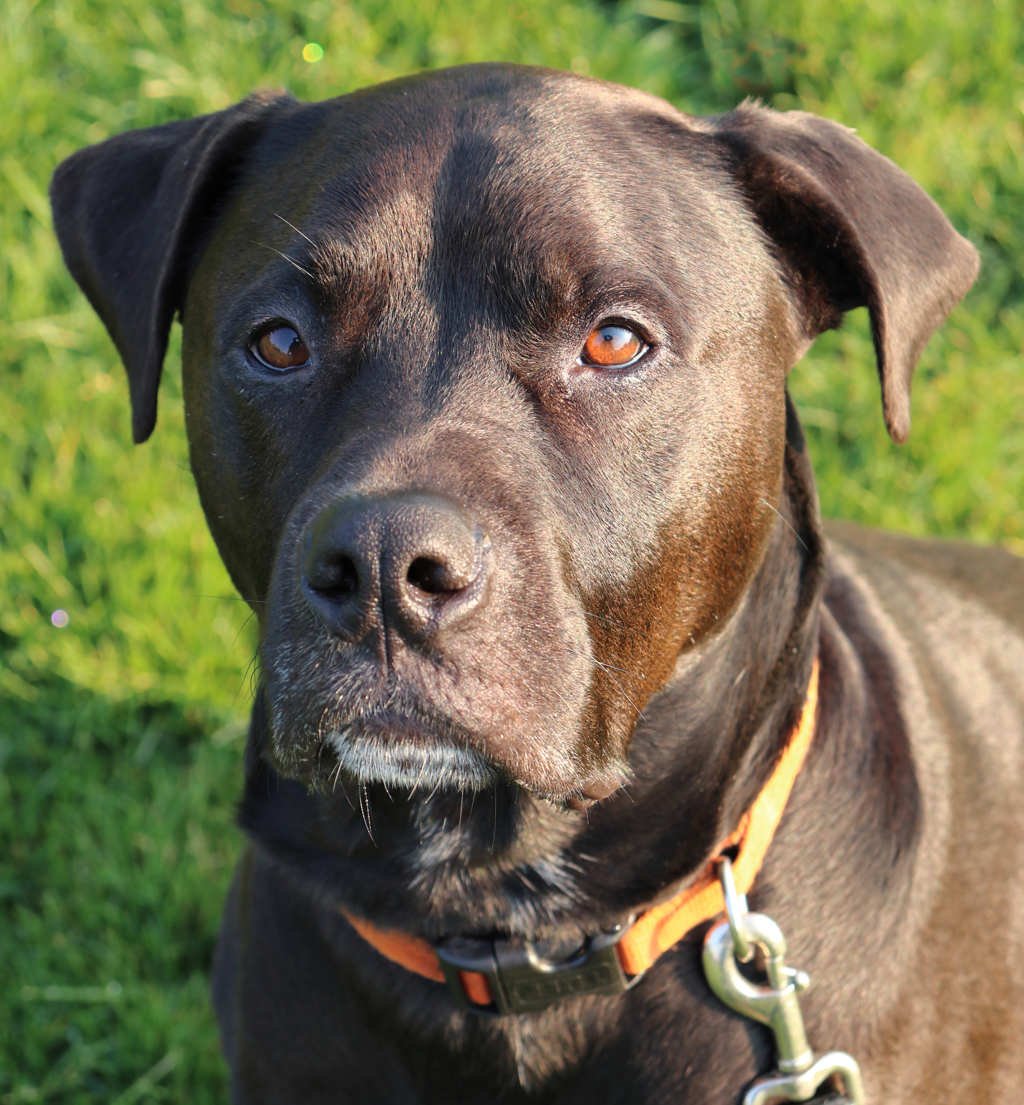
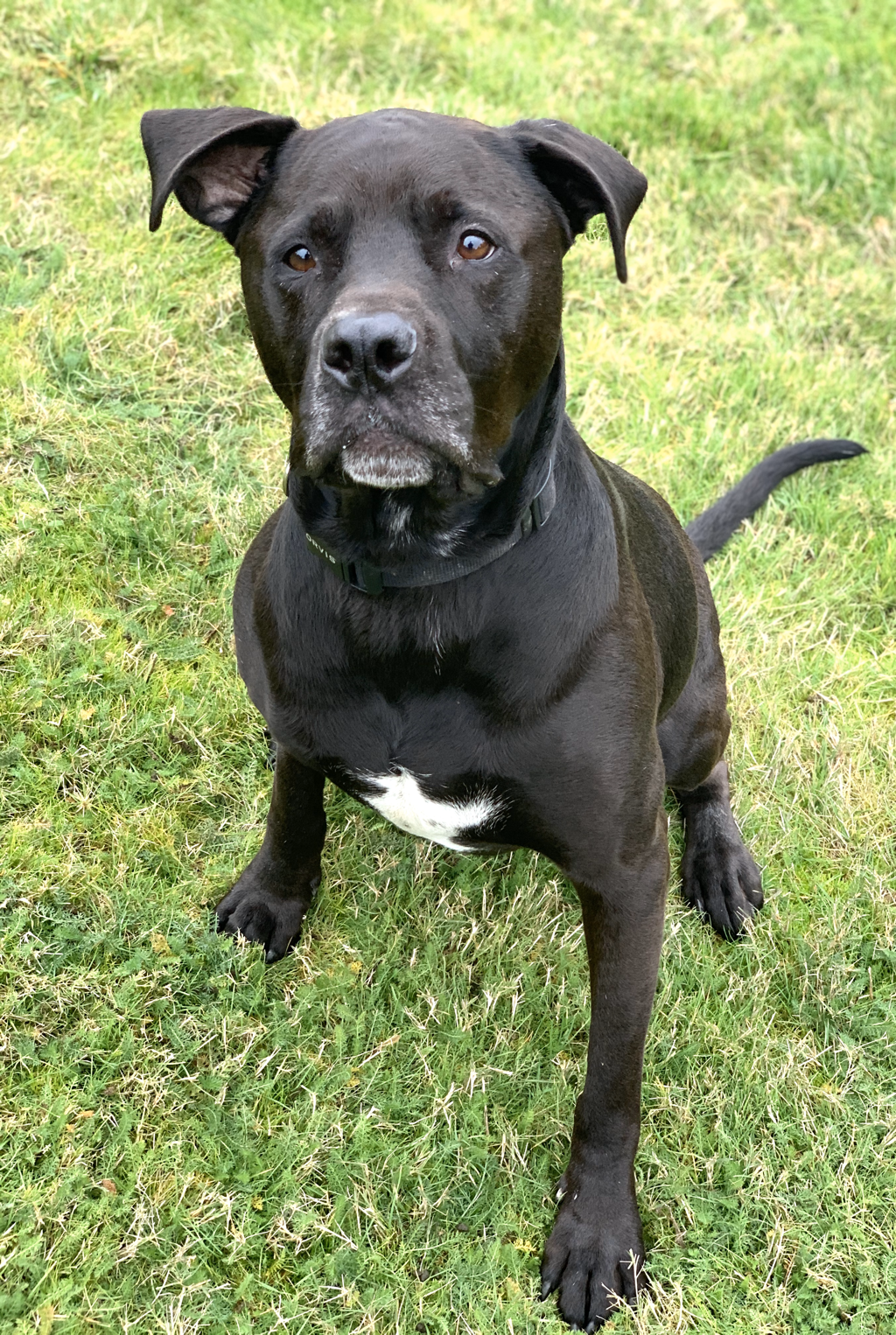
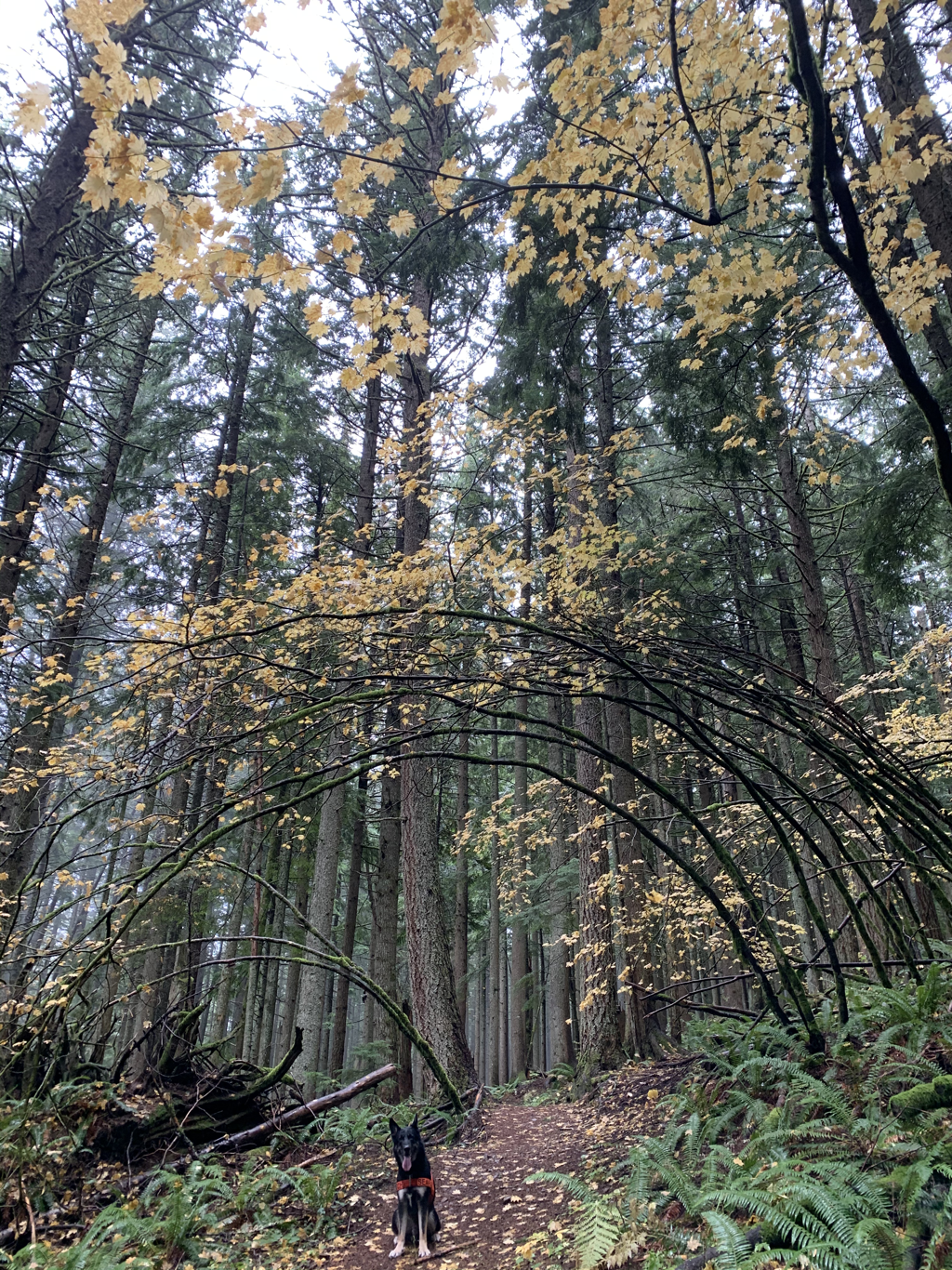
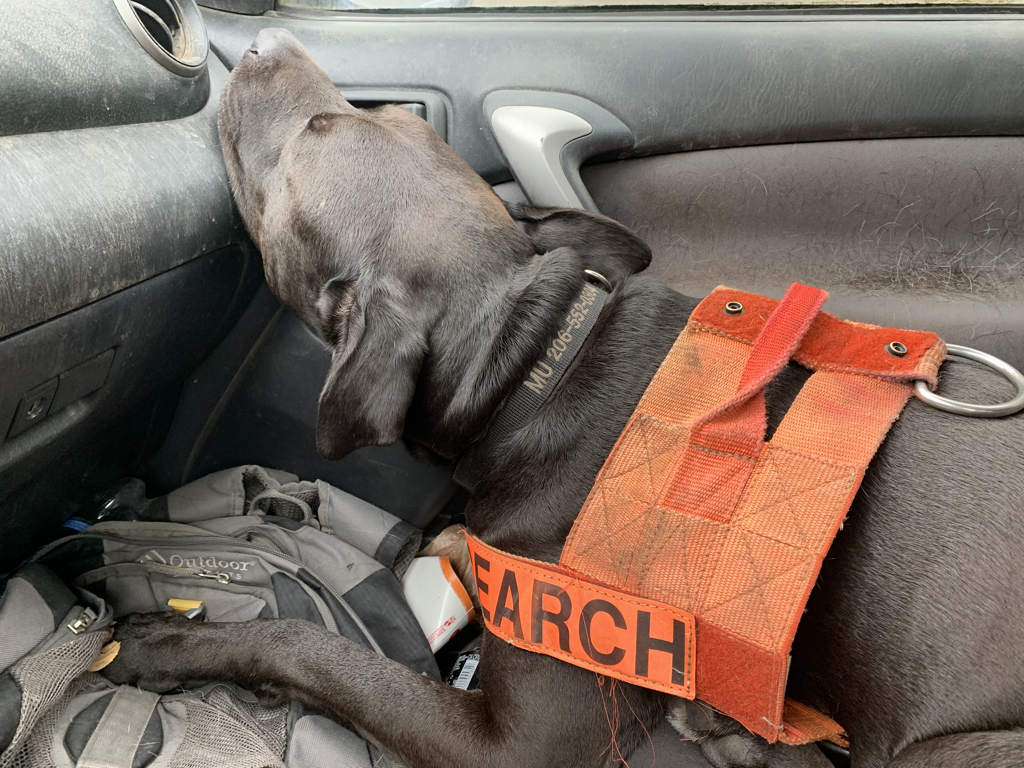
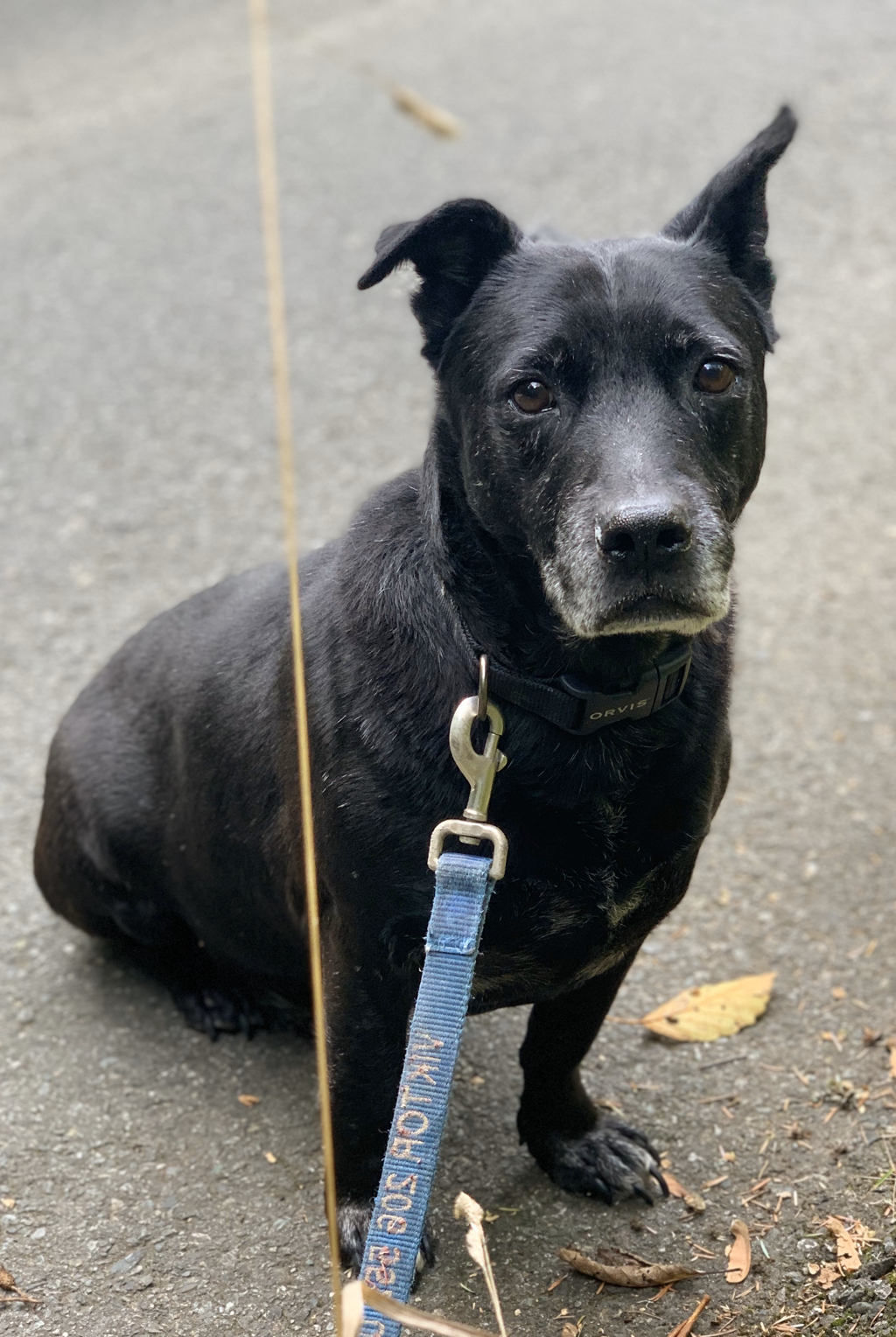
 RSS Feed
RSS Feed